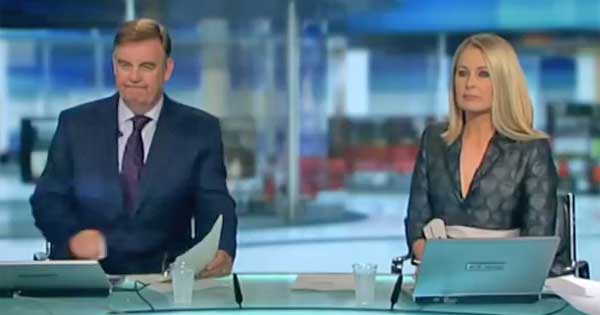RTÉ have been criticised after issuing a pronunciation guide to their on-screen employees that reportedly encourages them to lose their regional accents and speak using the Queen’s English.
The guide is intended to prevent any mishaps on air, but many are claiming it is insulting and patronising to the hosts.

The A-Z guide covers some of the most frequently used words that have been a cause for concern for RTÉ bosses.
The way the TH sound is pronounced is one of the big issues in the guide.
Raymond Hickey, Professor of Linguistics at the University of Duisburg, told the Irish Sun: “The basic issue is RTÉ expects its staff to speak as if they were English. Why?
“We have our own form of English which is different but fully legitimate and accepted worldwide. It’s a sort of internalised colonialism.”
Prof Hickey said: “Birthday, with staff urged to pronounce TH fully — this is an English pronunciation.
“The Irish don’t pronounce the TH as a fricative but a stop with no breath, so to speak. The same is true of news, the Irish pronunciation is and always has been nooze.”
However, RTÉ have defended the move. According to the Sun a source said: “Gay Byrne was always very particular, and ranted against standards whenever they slipped.
“RTÉ gets letters from time to time from listeners upset with how certain words or place names are pronounced.
“The word ‘issue’ is a big one at the moment, people don’t like how it’s pronounced.”
An RTÉ spokesperson also revealed: “Some people were very particular years ago, but it’s more relaxed now. Going back to the 1970s and before, the delivery was heavily influenced by the BBC.
“There is an expectation that as the national broadcaster we are correct.
“The guide is there for anyone who needs it.”
The guide includes details on exactly how RTÉ want their presenters to pronounce various words.
It states: “Capital letters are used to indicate emphasis, as in Kill-AHR-nee. Some languages, such as French, place equal emphasis on all syllables.”
There are also elocution lessons, and audio guides available to the RTÉ on-screen employees to help them master the desired pronunciations.
RTÉ criticised for issuing 'Queen's English pronunciation guide'
